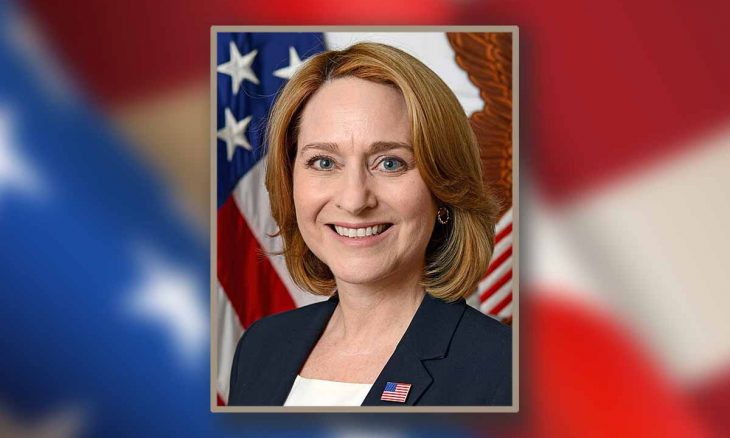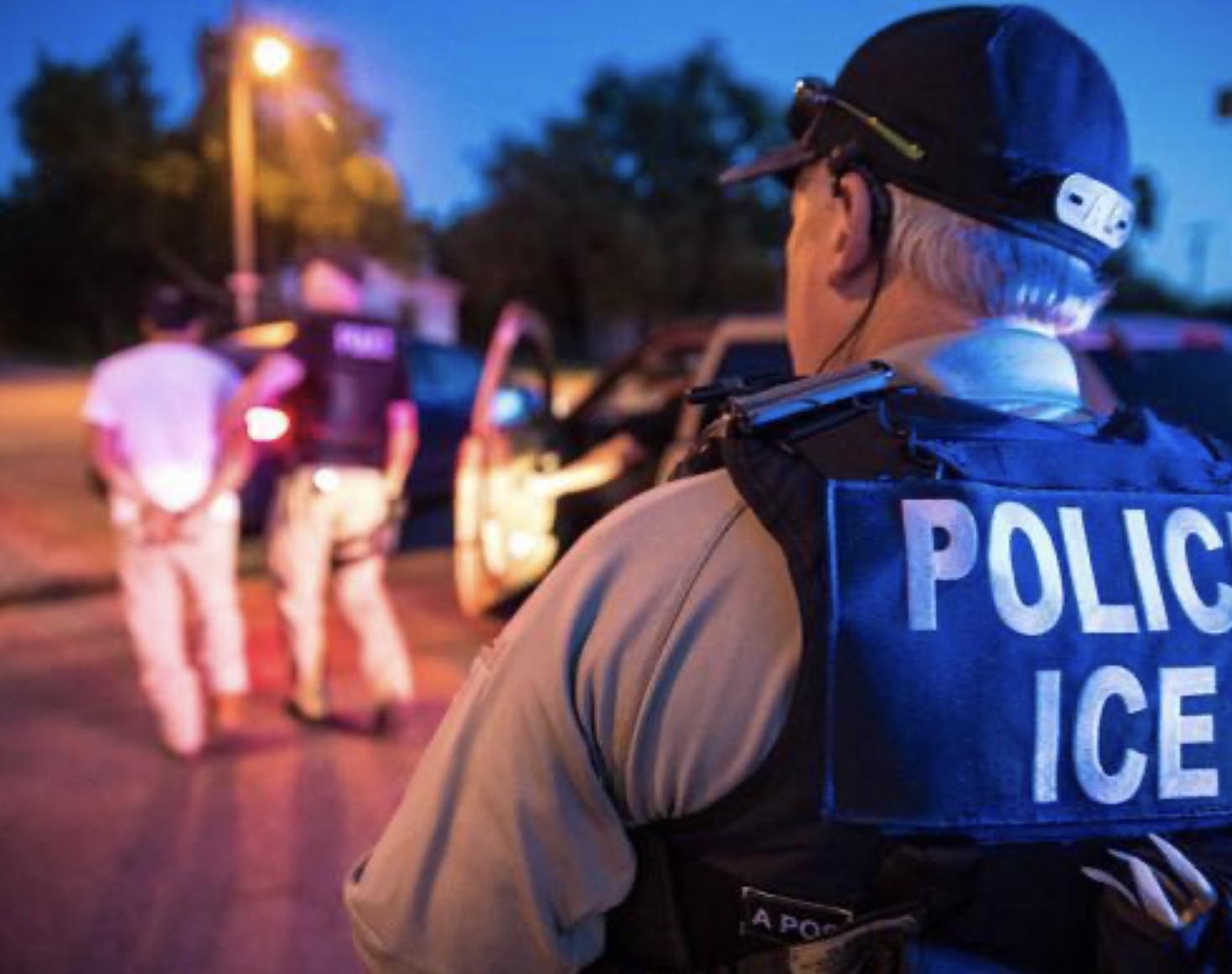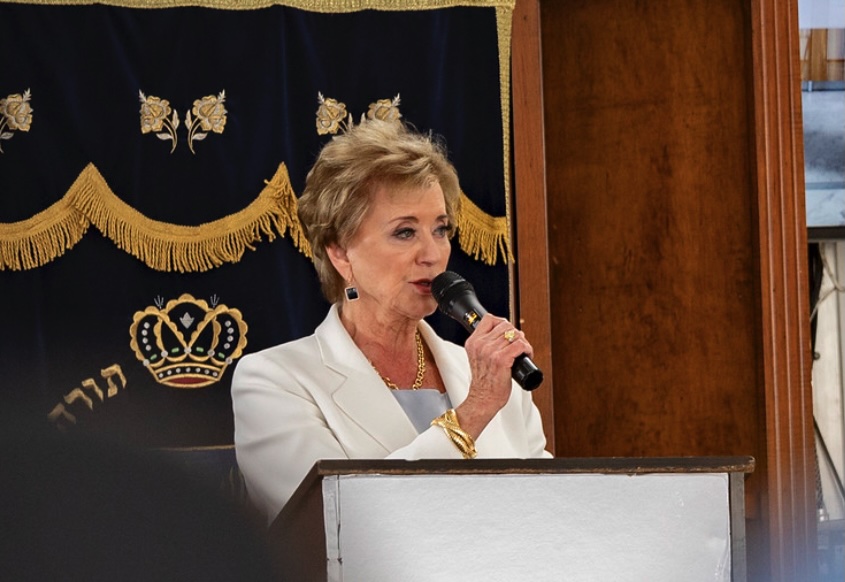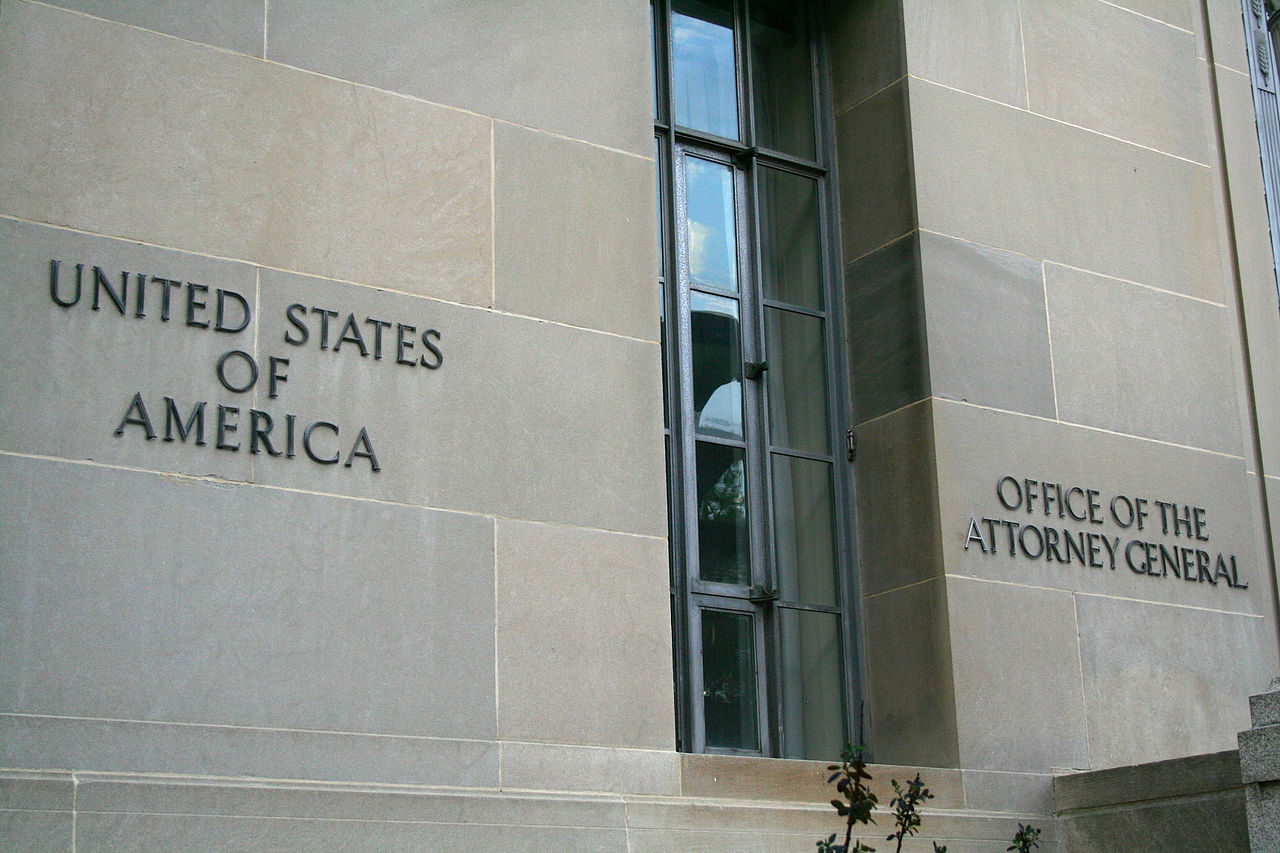Kathleen Hicks
Deputy Secretary of Defense
Kathleen Holland Hicks was born in September 1970 in Fairfield, California. She earned an undergraduate degree at Mount Holyoke College, and an MPA in national security studies at the University of Maryland, College Park. She received a Ph.D. in political science from Massachusetts Institute of Technology.
She was a senior fellow at the Center for Strategic and International Studies for three years. She began her career as a civil servant at the Office of the Secretary of Defense during President Obama’s administration, holding a variety of positions from Presidential Management Intern to the Senior Executive Service. She served four years as a senior civilian official in the Department of Defense confirmed by the Senate as principal deputy undersecretary of defense for policy.
She was nominated by President Joe Biden to be U.S. Deputy Secretary of Defense. She was confirmed by the Senate and sworn into office in February 2021.
She is married to Thomas Hicks and they have three children.
In the News…
Deputy Secretary Kathleen Hicks recently highlighted the strategy of the Department of Defense (DOD) to invest in technological upgrades in the Arctic as China and Russia have increased operations in that region. This is the department’s first regional update since 2019.
“The Arctic region of the United States is critical to the defense of our homeland, the protection of U.S. national sovereignty, and the preservation of our defense treaty commitments,” said Deputy Secretary Hicks. “Our Arctic strategy will guide the Department’s efforts to ensure that the Arctic remains a secure and stable region.”
The Pentagon stated, “The Arctic region is undergoing rapid change, both strategically and physically. The People’s Republic of China (PRC), which remains DOD’s pacing challenge, seeks increasing access and influence in the Arctic, while Russia remains an acute threat in the region despite its losses in Ukraine. Increasingly, these two competitors are collaborating in the Arctic with implications for the security of the United States and our Allies and partners.“









